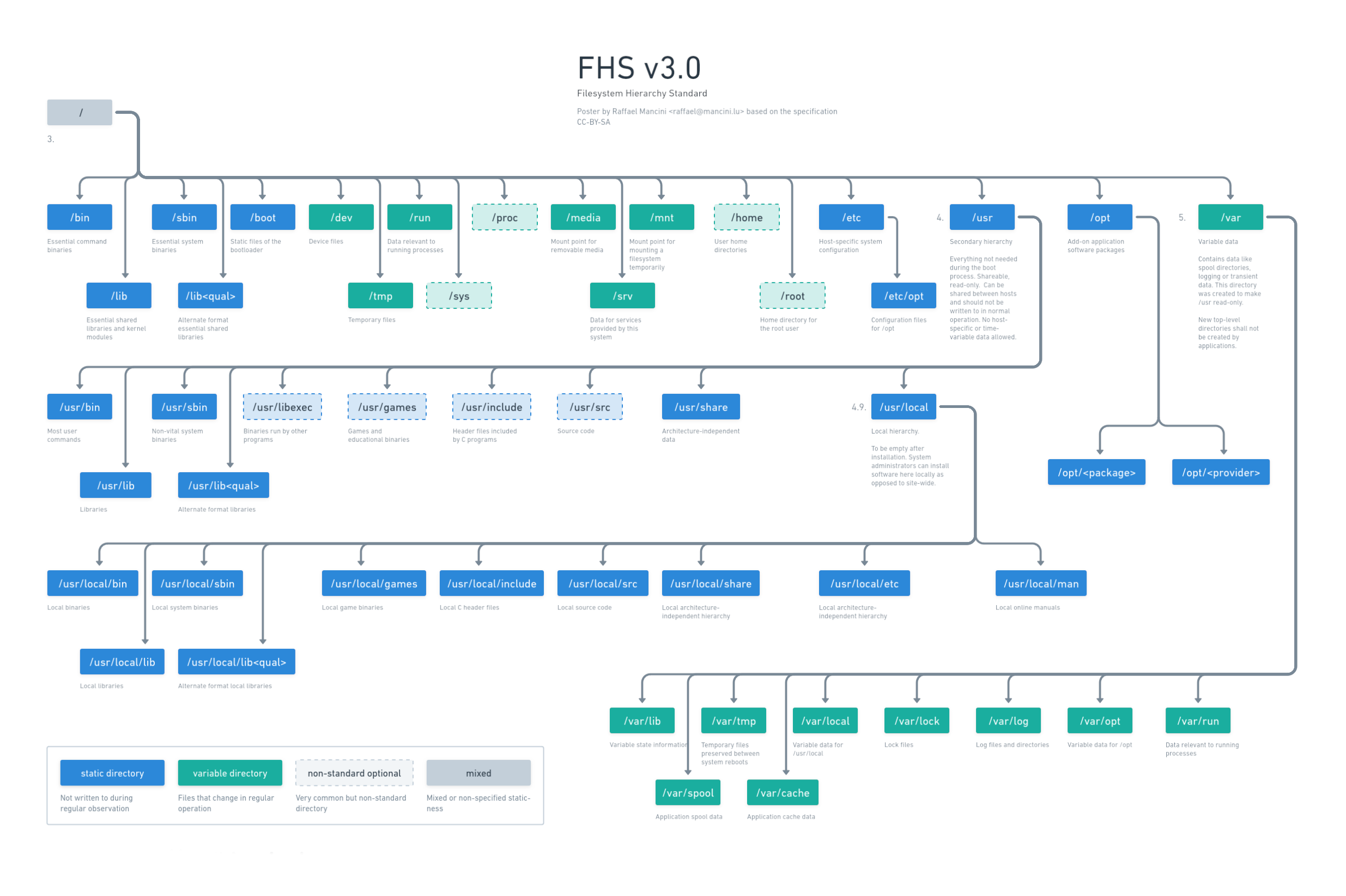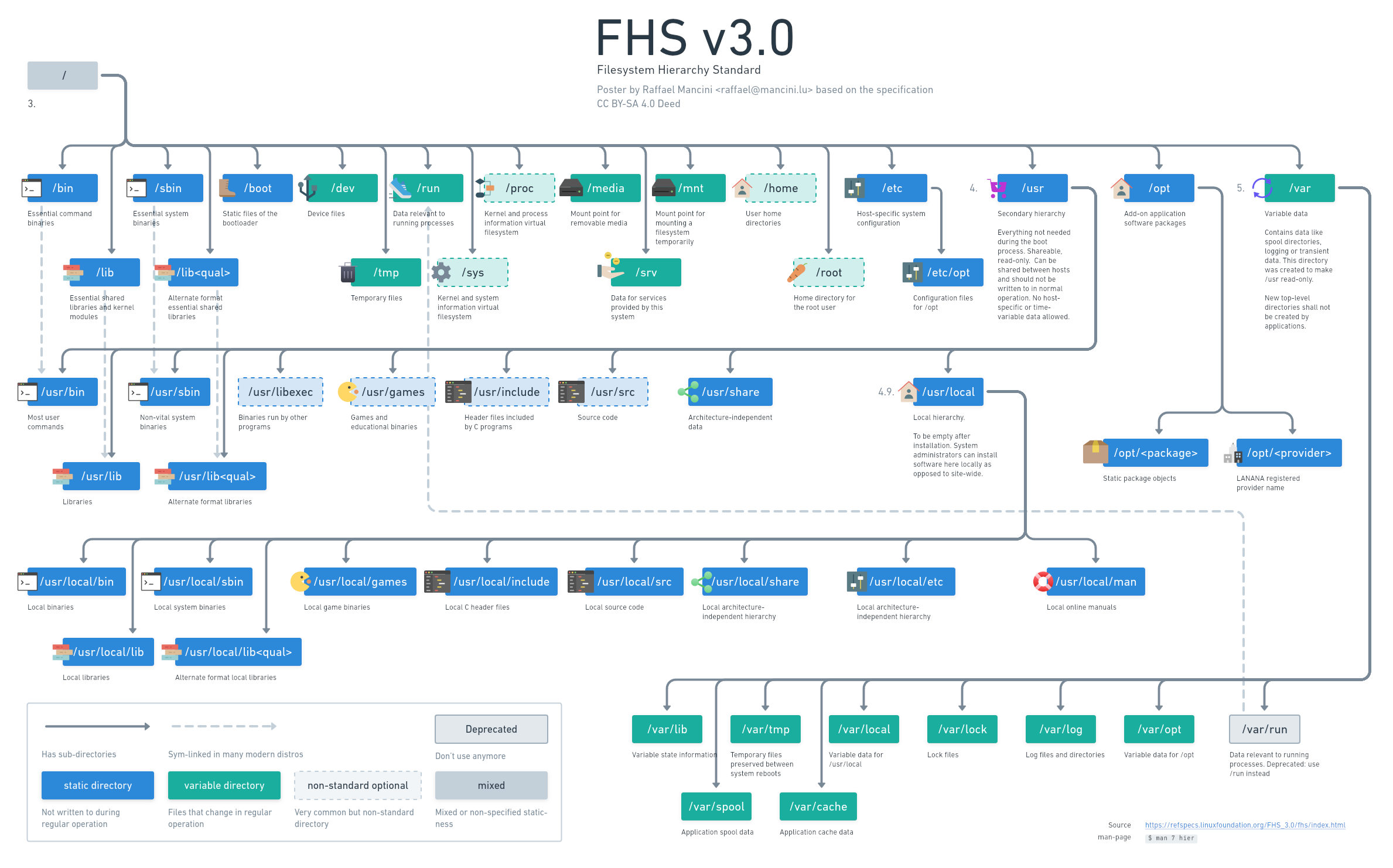562
you are viewing a single comment's thread
view the rest of the comments
view the rest of the comments
this post was submitted on 11 Dec 2023
562 points (98.4% liked)
Linux
48823 readers
671 users here now
From Wikipedia, the free encyclopedia
Linux is a family of open source Unix-like operating systems based on the Linux kernel, an operating system kernel first released on September 17, 1991 by Linus Torvalds. Linux is typically packaged in a Linux distribution (or distro for short).
Distributions include the Linux kernel and supporting system software and libraries, many of which are provided by the GNU Project. Many Linux distributions use the word "Linux" in their name, but the Free Software Foundation uses the name GNU/Linux to emphasize the importance of GNU software, causing some controversy.
Rules
- Posts must be relevant to operating systems running the Linux kernel. GNU/Linux or otherwise.
- No misinformation
- No NSFW content
- No hate speech, bigotry, etc
Related Communities
Community icon by Alpár-Etele Méder, licensed under CC BY 3.0
founded 5 years ago
MODERATORS



What do you mean by locally vs site wide? For /usr/local that’s usually stuff installed from outside of the distributions normal packaging mechanism. E.g. if you build something from source using “make”, the “make install” would install it there by default (though that is also configurable.)
Also not sure we want to say /mnt is necessarily temporary. Any mount pionts there could easily be added to fstab.
The FHS says the thing about /mnt. It's not normally meant to have subdirectories or be mounted to by default.
The origin is that
/usrmay be network mounted or otherwise shared across multiple systems, whereas/usr/localis local to a particular PC. That definition is not as relevant with today's single-user machines, and now it mostly means what you said (/usr is managed by system package manager whereas /usr/local is manually managed).